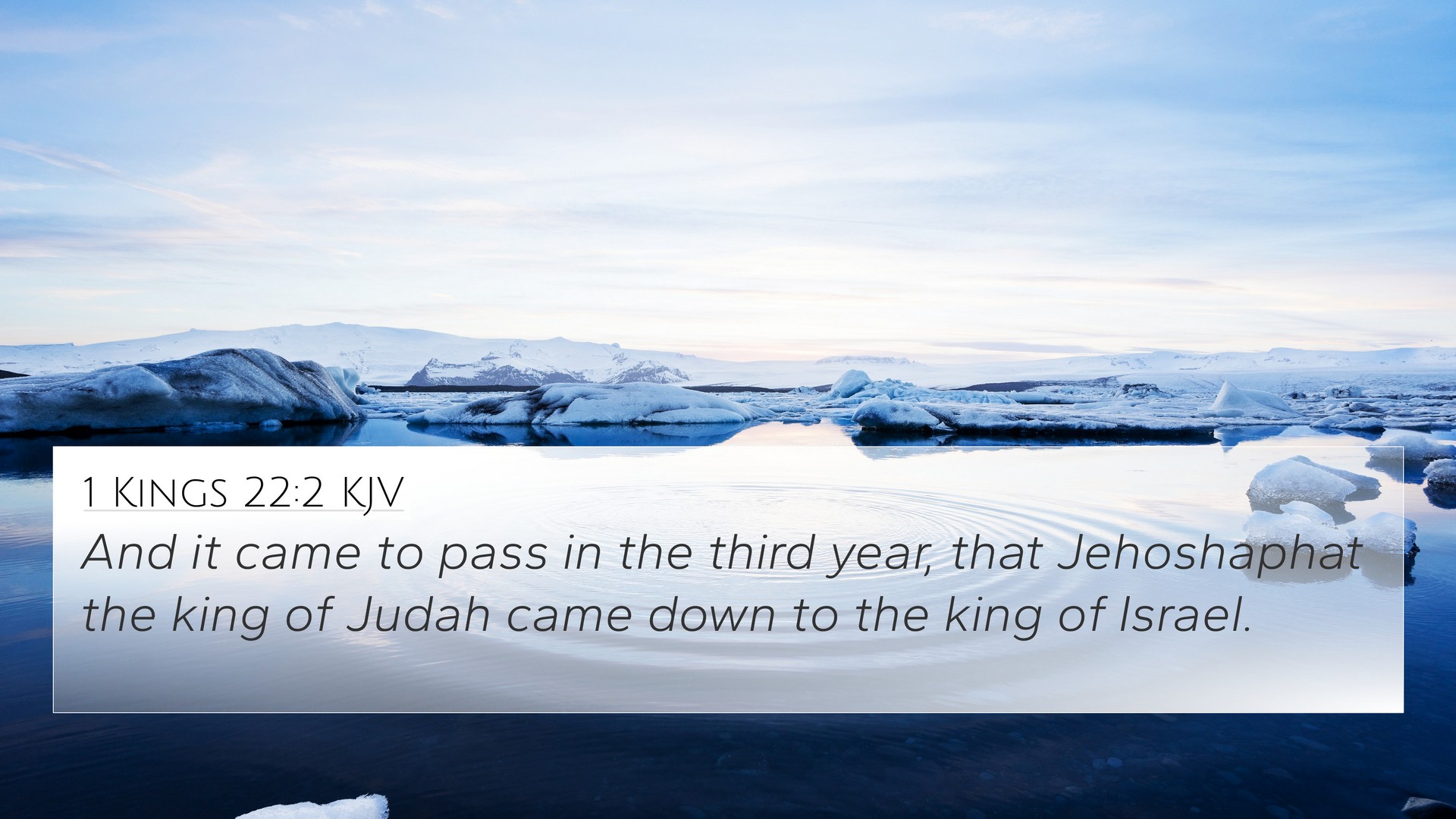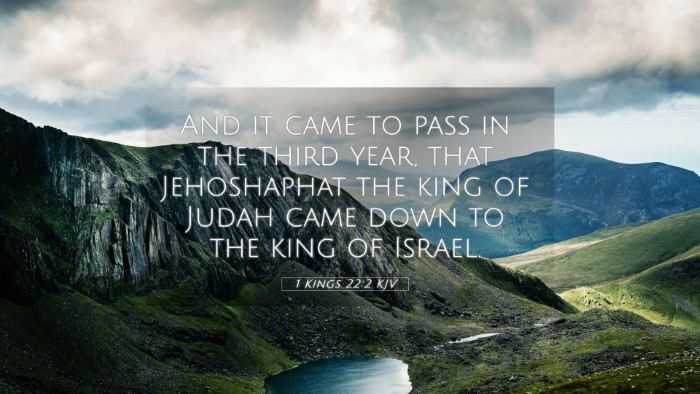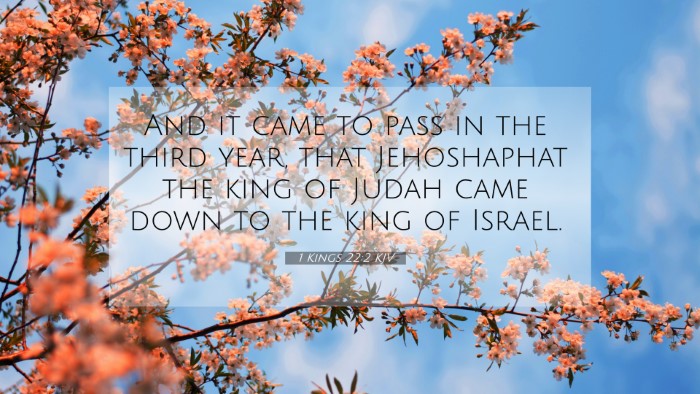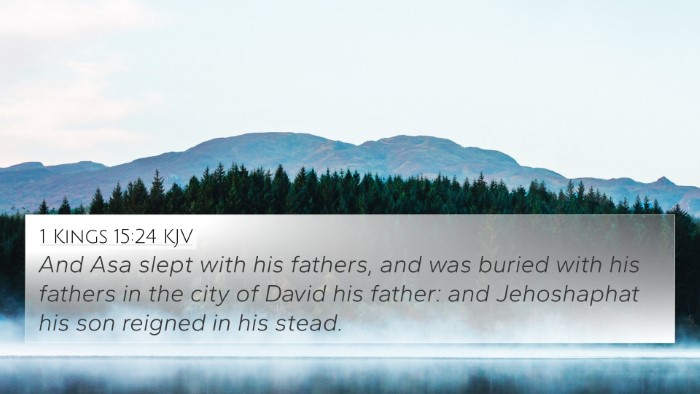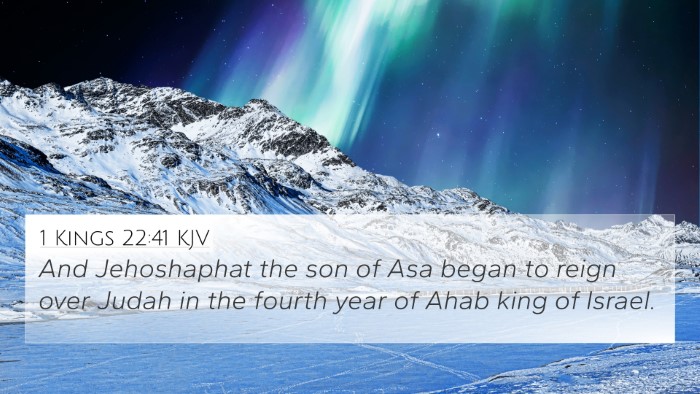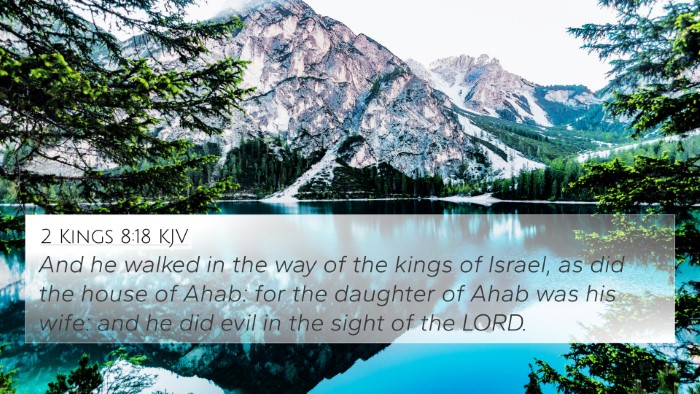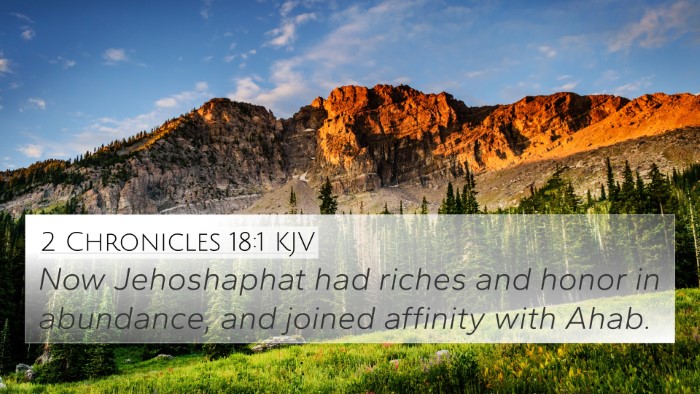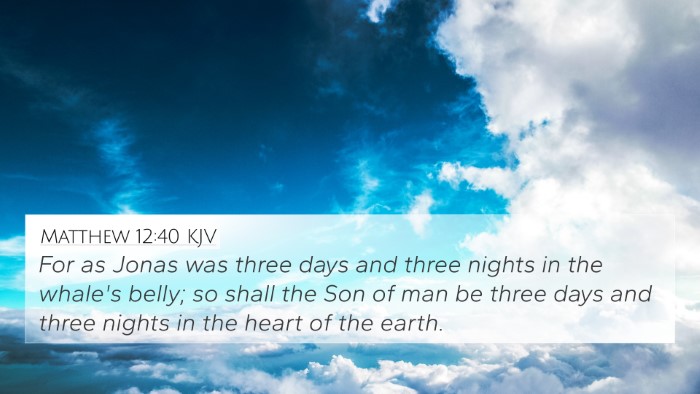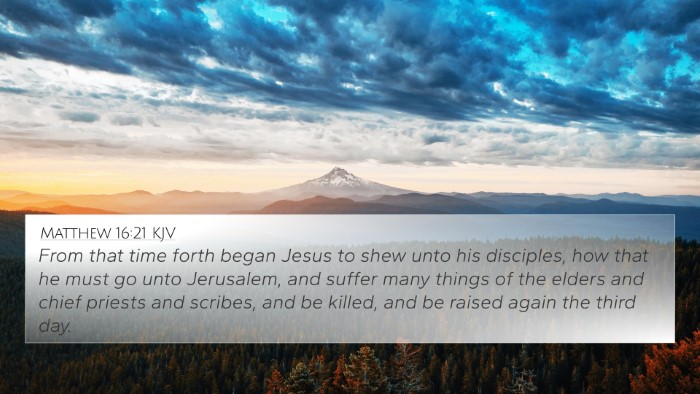Understanding 1 Kings 22:2
The verse 1 Kings 22:2 describes a significant moment in the history of Israel where King Ahab of Israel and Jehoshaphat, the King of Judah, come together before the impending battle against Ramoth-Gilead. Ahab’s appeal to Jehoshaphat highlights the themes of alliance, prophecy, and the consequences of seeking guidance from the right or wrong sources in times of trouble. This passage offers rich insights into the complexity of leadership, the role of prophets, and the importance of divine guidance.
Commentary Insights
According to Matthew Henry, this verse sets the stage for the narrative that follows, emphasizing the political and spiritual climates of the nations involved. Ahab, known for his idolatry and disobedience against God, stands in stark contrast to Jehoshaphat, who, despite his flaws, seeks the counsel of the Lord. This alliance signifies not just a military partnership, but also an ideological blending that highlights the tension between godliness and worldly pursuits.
Albert Barnes notes the significance of the “third year” which implies a specific timeframe in God’s providential plan. The king’s inquiry and the gathering of prophets signal the belief in divine intervention in earthly matters. Ahab’s request for advice before engaging in warfare demonstrates the natural human tendency to seek assurance before embarking on significant ventures. This reflects the need for spiritual discernment in decision-making processes.
Adam Clarke further elaborates on the dynamics of leadership demonstrated in this verse. The collaboration between Ahab and Jehoshaphat symbolizes the intersection of different spiritual commitments. While Jehoshaphat seeks prophetic truth and divine counsel, Ahab’s intentions are revealed to be more self-serving. Clarke reminds us that true wisdom lies in aligning one’s plans with God’s will rather than merely seeking favorable outcomes.
Cross References and Their Connections
The verse 1 Kings 22:2 can be explored through several relevant cross-references that enhance our understanding:
- 2 Chronicles 18:1-3: This parallel account provides further context on the alliance between Jehoshaphat and Ahab, illustrating the spiritual compromise involved.
- 1 Kings 20:34: Ahab’s earlier military engagements give insight into his character and the reasons behind his confrontations.
- Deuteronomy 17:14-15: God’s instructions for kings connect to the requirements for seeking leadership in both wisdom and guidance from Him.
- Jeremiah 23:16-22: The dangers of heeding false prophets are examined, underscoring the necessity of discernment in prophetic counsel.
- Micaiah’s prophecy in 1 Kings 22:17: Micaiah’s role highlights the conflict between true and false prophets, further emphasizing the importance of seeking authentic divine guidance.
- Matthew 7:15-20: This New Testament passage focuses on recognizing false prophets and the importance of fruits in discernment.
- Psalm 1:1-2: The wisdom of avoiding ungodly counsel, which relates to the decisions made by Ahab and Jehoshaphat.
Reflecting on Themes
This passage encourages believers to consider several key themes:
- Alliance & Influence: The significance of whom we ally with and how these partnerships influence our spiritual journey.
- Discernment: The critical need for discernment when confronted with counsel that may be influenced by personal desires rather than divine wisdom.
- Prophetic Truth: Understanding the importance of true prophecy and the consequences of disregarding God’s word for popular sentiment.
- Leadership: Insights on the qualities of godly leadership and the pitfalls of seeking personal gain at the expense of spiritual integrity.
- Divine Guidance: Seeking the Lord's guidance before making significant decisions, especially in times of uncertainty.
Conclusion
1 Kings 22:2 serves as a pivotal moment that invites reflection on our own reliance on divine wisdom versus human understanding. As we examine the actions of Ahab and Jehoshaphat, we are reminded to align our decisions with God's sovereignty. The inter-Biblical connections provide further context that enriches our understanding of the overarching narrative of redemption and guidance found throughout Scriptures.
